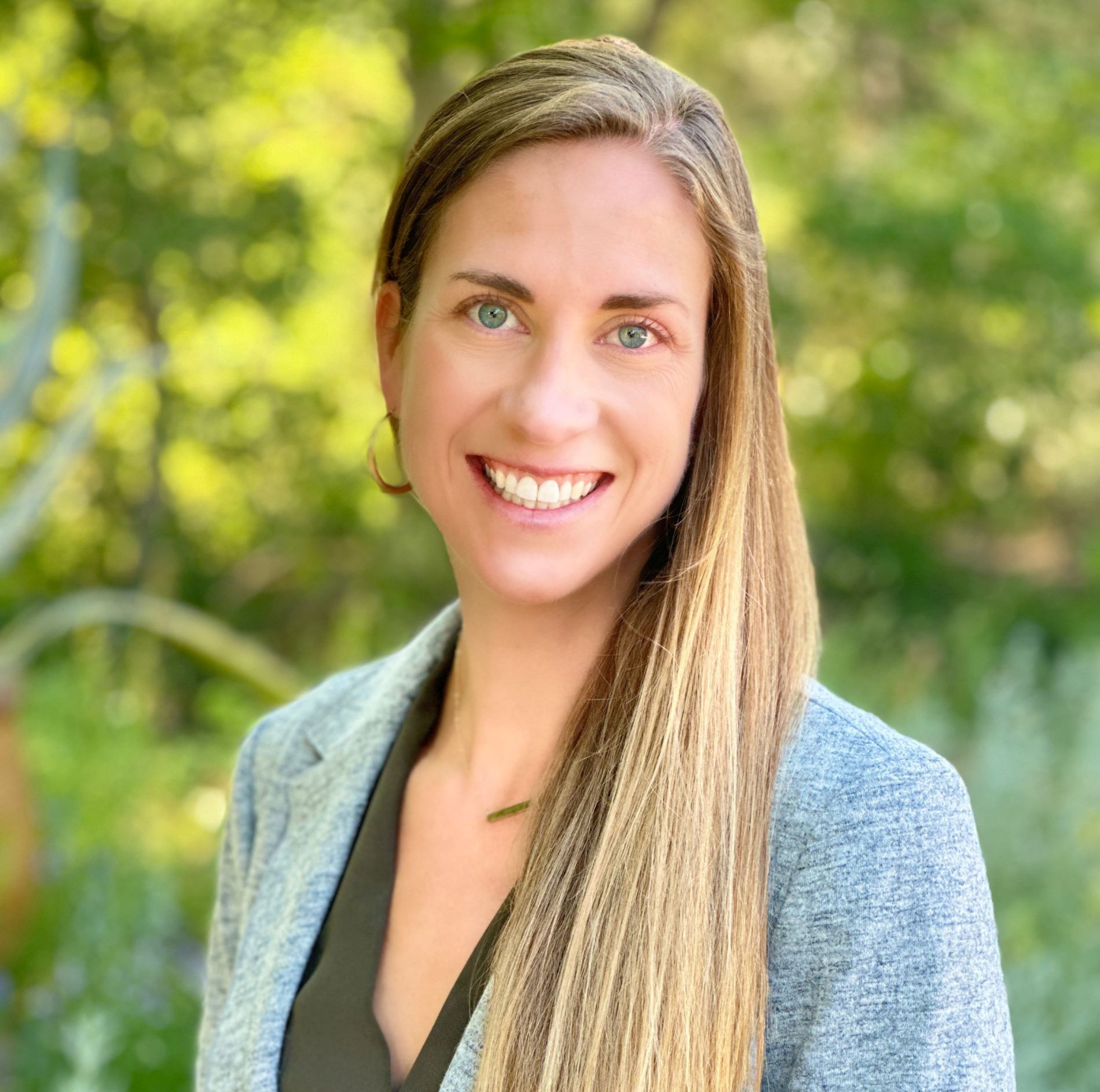Guest blog by Alison Hargarten, Ed.S, Director of Mission Strategies at Healthy Child Care Colorado.
The COVID-19 pandemic has significantly affected children, families, and the child care and early learning workforce. Caregivers are facing increased stress and depression[1], declines in children’s social-emotional skills[2], and turnover rates as high as 34% among infant-toddler lead teachers[3].
However, there is good news. With over $1 million in funding from the Colorado Department of Early Childhood (CDEC), Healthy Child Care Colorado (HCCC) has worked to address these issues. The funding allowed HCCC to invest in Pyramid Model training, coaching, and certification scholarships, which both supported the social-emotional development of young children and strengthened the early childhood workforce. However, the largest impact was the model’s ability to enhance the professionalism, self-worth, and attitudes of child care workers during a challenging time. The Pyramid Model is a crucial tool for those who care for and educate young children.
A Two-Year Journey with the Pyramid Model
From July 1, 2022 to June 30, 2024, HCCC worked to improve the well-being of children and early childhood providers through Pyramid Model implementation. This program supports the social-emotional development and inclusion of young children. Here’s what was achieved:
- Pyramid Model Training: HCCC partnered with Pyramid Facilitators (i.e., those qualified to train and coach the Pyramid Model) to offer 37 Pyramid Model training sessions to 867 early childhood providers at no cost. These sessions reached over 11,600 children statewide. The results were impressive: 97% of participants reported increased professionalism and 98% indicated improved workplace culture and better retention rates. One Trainer shared this story about a teacher: “[she] had been debating leaving the field, [but] the training and coaching helped her gain confidence and tools to continue learning and teaching.” Participants shared similar training outcomes including improved attitudes, increased confidence, and reduced stress and frustration.
- Pyramid Model Coaching: HCCC also teamed up with Pyramid Facilitators to provide 10 or more hours of coaching to 157 professionals, reaching an additional 798 children in 53 programs. Participants who completed coaching reported improved knowledge, attitude, and professionalism. 96% said the coaching increased their professionalism and 92% reported that coaching improved their program’s culture related to social, emotional, and mental health needs. Teachers felt more motivated and less burned out, with one director saying, “This really works! Kids are taking charge of their emotions more each day.”
- Pyramid Facilitator Certification Scholarships: HCCC awarded $168,000 in scholarships to 28 professionals for the Pyramid Facilitator Certification. Certified Facilitators can train and coach others in the Pyramid Model, expanding its reach to more programs across more counties.
The Need for Continued Support
The success of this project shows that when early childhood professionals receive proper support and training, their resilience and attitude improve, even in difficult times. With over 1,600 professionals still on the waitlist for Pyramid Model training, there is a high demand for continued investment in this important work.
HCCC is committed to partnering with others to secure ongoing funding for these efforts. The positive impact of the Pyramid Model on the early childhood workforce highlights the need for continued support to ensure lasting benefits for children and the professionals who care for them.
[1] Elharake et al. Prevalence of chronic diseases, depression, and stress among US childcare professionals during the COVID-19 pandemic. Prev Chronic Dis. 2022;19:220132. doi:10.5888/ped19.220132
[2] Gilliam, Walter (2021). Yale CARES study.
[3] Early Childhood Leadership Commission. Colorado Department of Early Childhood. Pathways to Success: Colorado’s Comprehensive Early Childhood Workforce Plan (2024).
keyTakeaways
Pyramid Model training, coaching, and certification scholarships support the social-emotional development of young children and strengthen the early childhood workforce. The model enhances the professionalism, self-worth, and attitudes of child care workers.
Healthy Child Care Colorado (HCCC) partnered with Pyramid Facilitators to offer 37 Pyramid Model training sessions to 867 early childhood providers at no cost. These sessions reached over 11,600 children statewide. HCCC also teamed up with Pyramid Facilitators to provide 10 or more hours of coaching to 157 professionals, reaching an additional 798 children in 53 programs.
With over 1,600 professionals still on the waitlist for Pyramid Model training, there is a high demand for continued investment in this important work.





